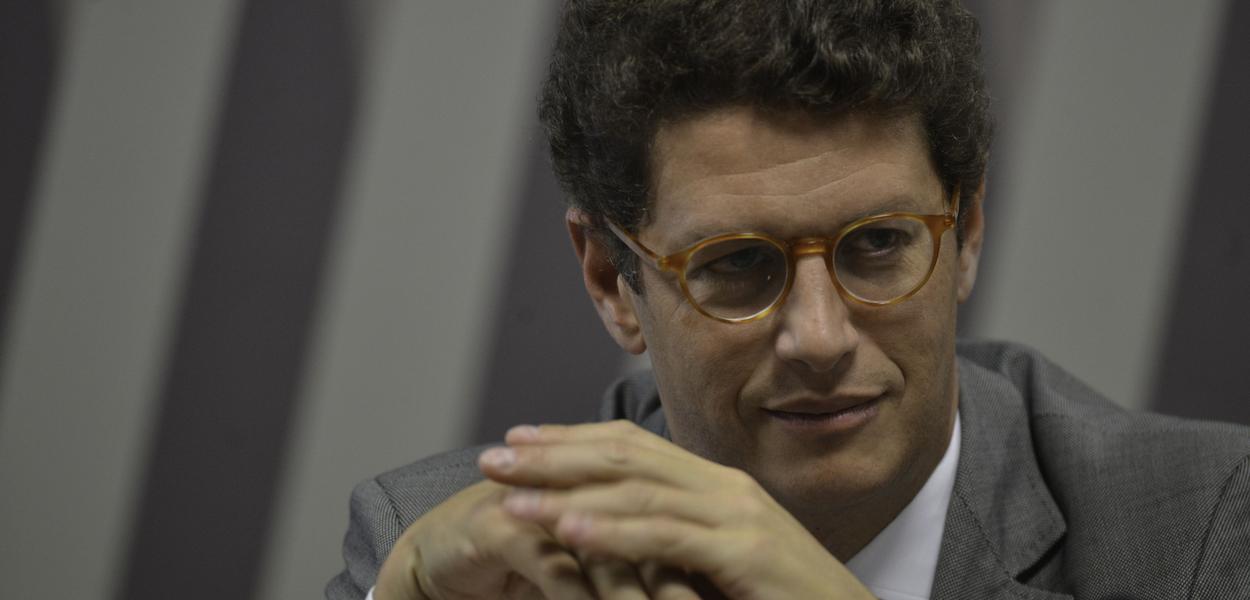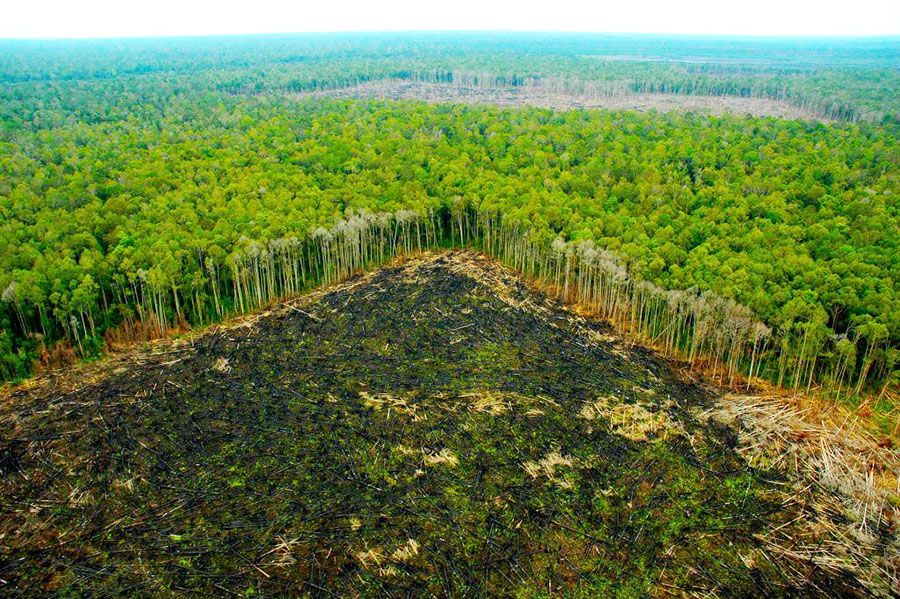RIO DE JANEIRO, BRAZIL – Environment minister Ricardo Salles and the ambassadors of Norway and Germany met on Wednesday, July 3rd, to discuss the deadlock caused by the reforms being introduced by the Bolsonaro government to change the Amazon Fund administration, the program used to finance the protection of the world’s largest rainforest.

After the meeting, Salles and Ambassadors Nils Martin Gunneng (Norway) and Georg Witschel (Germany) admitted that the project could be terminated should the deadlock not be resolved. Both Germany and Norway have expressed their disapproval of the Bolsonaro administration’s abolition last week of two committees responsible for governing the fund.
Before that, the German and Norwegian governments had publicly rejected Brasília’s proposal to use part of the fund’s resources to compensate landowners living in areas encompassed by conservation units in the Amazon, which today is not permitted.
The Europeans also rejected the Brazilian government’s insinuations that there were indications of irregularities in the fund’s contracts.
After today’s meeting, Salles said the Brazilian government is still working with the Europeans to resolve the deadlock, but he also admitted to the prospect of ending the program.
“In theory, yes,” said Salles. “But what we are talking about here is continuity, something with greater commitment, more dedication and greater harmony between the various parties involved,” he said.
The Norwegian ambassador, however, when asked whether the cancellation of the program was certain, replied that “as the minister said, theoretically this is an option, but we are working to continue,” he added.
The German Witschel, on the other hand, replied: “There is this possibility, but we want to prevent the worst-case scenario.”
Salles and the ambassadors did not detail which of the fund’s points are being discussed, but the Norwegian diplomat said he was “surprised” by the extinction of the Amazon Fund Steering Committee (Cofa) and the program’s technical committee.

On the other hand, he said that the “minister has assured us that talks will continue.”
“Our discussion today has somewhat clarified the path to a positive solution,” said Witschel. According to the German ambassador, the funding countries submitted their questions to the Brazilian government and are expecting answers by the second half of the month.
The Amazon Fund was created in 2008 mostly with donations from Germany and Norway, responsible for 99 percent of the R$3.3 billion (US$825 billion) that have already been disbursed.
The funds are governed by a team established to perform this task within the National Bank for Economic and Social Development (BNDES). The financed projects aim to reduce deforestation and greenhouse gas emissions.
In a letter sent in early June to Ricardo Salles and then Minister Carlos Alberto dos Santos Cruz, the two European governments defended the current governance model and stated that “none of the tax and impact audits already carried out has revealed any irregularity or mismanagement of the fund’s resources.”
“We expect BNDES to continue governing the fund and approve the planned projects, following existing agreements and guidelines. We also believe that improving the fund’s efficiency, impact and transparency can be addressed within the current governance structure,” said the letter which was signed by Ambassadors Georg Witschel and Nils Gunneng.
In recent months, Salles has also been pressuring BNDES. In May, the bank removed Daniela Baccas, who had a 15-year career in the bank and was in charge of governing the fund. The reason for the dismissal was to investigate the suspicions raised by the ministry, according to BNDES.
The decision followed Salles’ announcement that his portfolio may have found evidence of “inconsistencies” in contracts receiving support from the fund.
Anonymously, BNDES officials told DW Brasil that the minister had begun a “crusade” against the fund, with aggressive talks against the team and no proposals.

In the letter signed by the ambassadors in June, they not only rejected the likelihood of issues in the contracts but also defended the current structural model of Cofa and BNDES’ independence to govern the fund.
“Cofa’s governance structure has served the Amazon Fund well for over ten years. Having a diverse and balanced representation of authorities and civil society in Cofa also contributes to increasing transparency of information and accountability in decision making. […]”
“The competence and independence of BNDES in the governance of the fund is key,” pointed out the document. “The fund’s management follows global best practices of open governance and democratic engagement.”
Also according to the ambassadors, the fact that BNDES — and not Cofa — is responsible for approving projects avoids potential conflicts of interest.
The letter also addressed the reduction of deforestation in the Amazon in the last 15 years and pointed out that “the Brazilian experience shows that governments on their own cannot reduce deforestation” and that this requires a “joint effort between public authorities, companies, NGOs and local communities.”
Lastly, the ambassadors asserted that any change to “the perfecting of the efficiency, impact, and transparency of the fund” should be addressed “within the current governance structure.”

